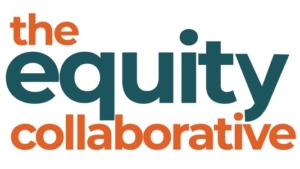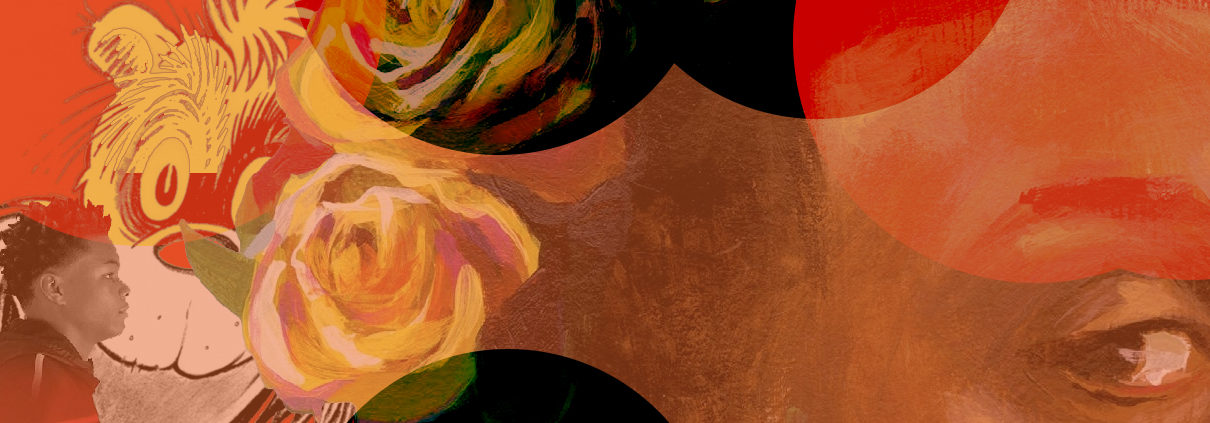America, The Land of Banned Books
March is reading month…or so they tell us.
March was officially established as National Reading Month in 1994 to commemorate the birthday of Dr. Seuss, a.k.a. Theodor Seuss Geisel. It has been well documented for decades that many of Dr. Seuss’s books were racist, anti-semitic, and xenophobic. Many of the characters in his books represented racist caricatures of people from various cultural and racial backgrounds. In recent years, there have been calls to ban Dr. Seuss’ books from classrooms because of these racist depictions. As was to be expected, politicians inserted themselves into the conversation, some of them asserting that the banning of the beloved Dr. Seuss books is an overreach. Some of those same politicians have found ways to link the call for the banning of these books as an effort to push critical race theory.
Even well respected publications like Newsweek Magazine joined the fray and published opinion pieces on the subject. Conservative politicians cried foul, citing that the “left” had released its new iteration of cancel culture. This was happening all while Dr. Seuss Enterprises, the organization that owns the content, had decided to stop publication of six books: And to Think That I Saw It on Mulberry Street, If I Ran the Zoo, McElligot’s Pool, On Beyond Zebra!, Scrambled Eggs Super!, and The Cat’s Quizzer. The organization stated, “These books portray people in ways that are hurtful and wrong.”
While there were no legal attempts to ban Dr. Seuss books from classrooms, antiracist activists relied on people’s commitment to equitable practices, culturally responsive pedagogy, and antiracist ideology to weed the books out of classrooms and school libraries.
The real irony is that the same conservative politicians were seeking to use the political and legal process in their own book banning campaign. The books that they targeted were books that spoke about the true history of the United States, books that documented the real experiences of oppressed people, and books that depicted main characters that identified as African American, Latinx, Indigenous, or LGBTQIA+. Thus, the most frequently banned books in schools in the last few years are: Dear Martin by Nic Stone, The Hate U Give by Angie Thomas, All Boys Aren’t Blue by George Matthew Johnson, and An Indigenous Peoples’ History of the United States by Roxane Dunbar-Ortiz.
Furthermore, in 2019, the special news magazine, The 1619 Project, for which author and editor Nikole Hannah Jones won a Pulitzer Prize, was met with contempt, vitriol, and personal attacks. The 1619 Project chronicles the history of white supremacy and the enslavement of Africans in the United States and presents itself to be one of the most noteworthy pieces of journalism and scholarship in the 20th and 21st centuries. Yet, the conservative movement against truth and historical accuracy, particularly in schools, has caused them to ban texts like the project and others like Stamped, How To Be an Antiracist, and Maus.
The hypocrisy of advocating for books that contain racist caricatures of people of color is dangerous and poses an existential threat to democracy and ensuring the right to literacy for students. Additionally, these racist book bans seek to silence the voices of African American, Indigenous, and LGBTQIA+ authors. There is more support for the 2nd Amendment among the backdrop of school shootings than there is support for the 1st Amendment and the rights of children to have access to texts that document the human and American experience.
Should some books be banned? Maybe. But, books should not be banned as a means to maintain power and control over the minds of children, particularly oppressed and marginalized children, when the goal is to teach them the accurate history of the United States and to depict and chronicle their experiences. If we continue down this dangerous path, we are doomed to repeat the past, this time with more detrimental consequences.


